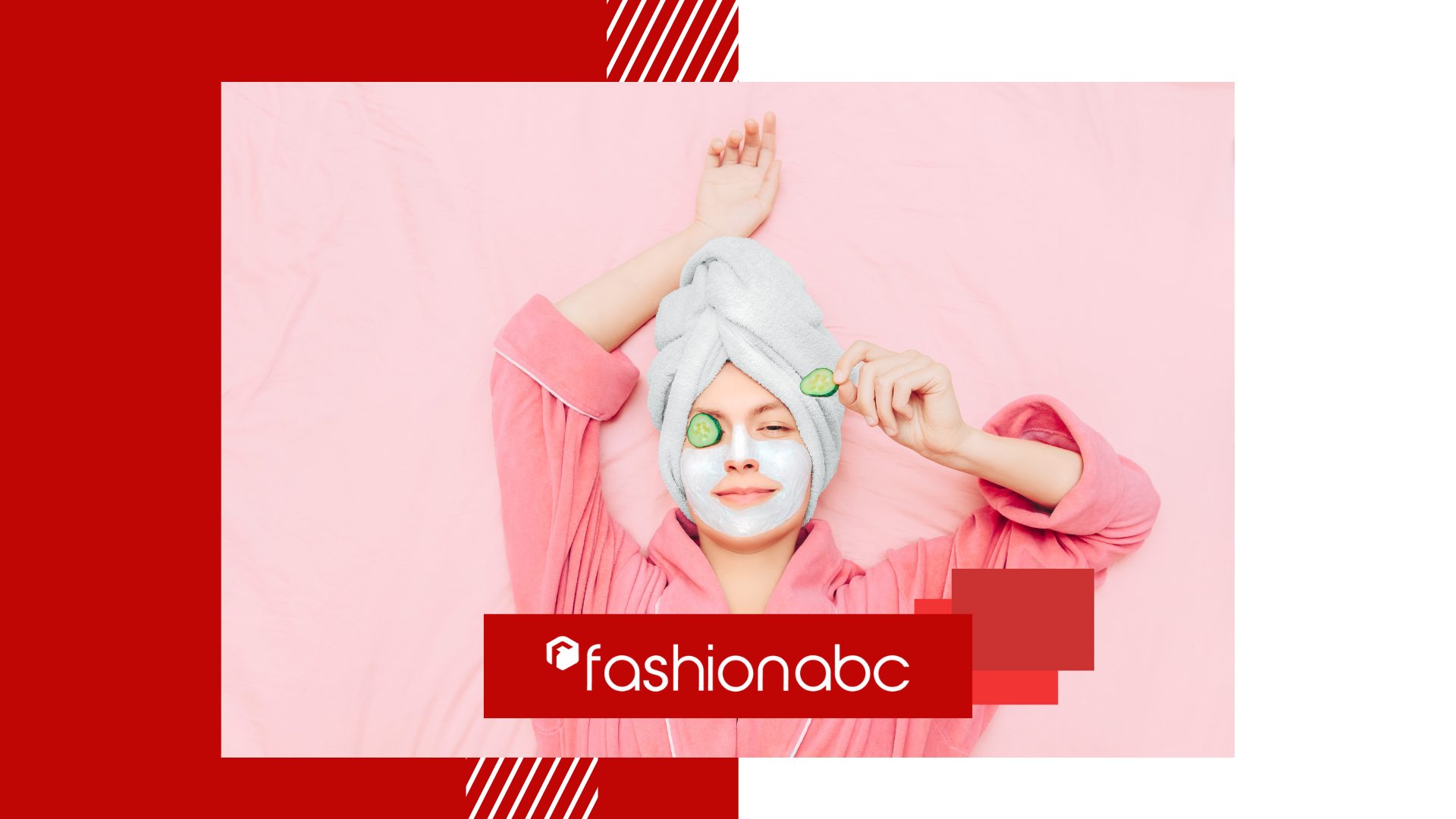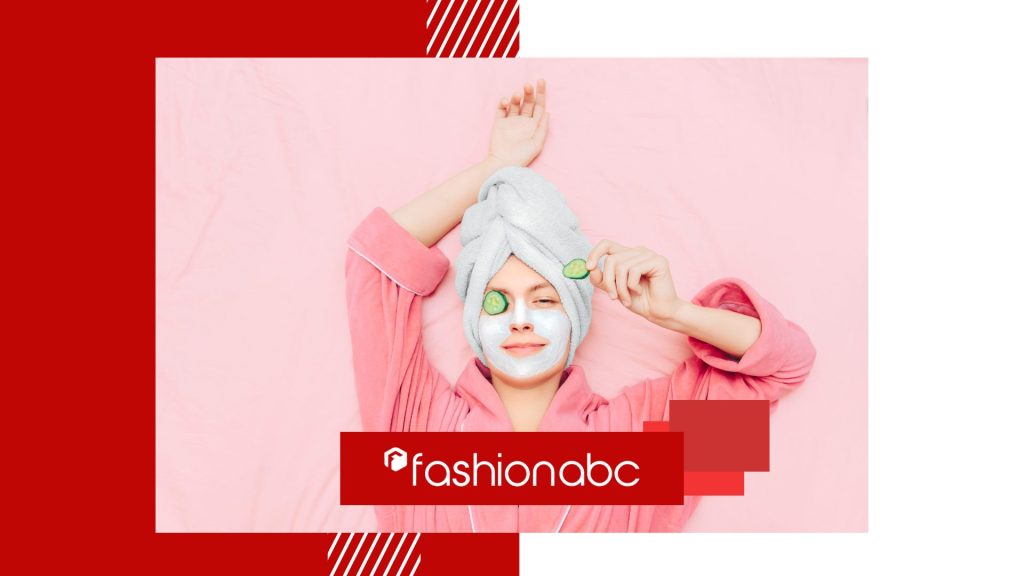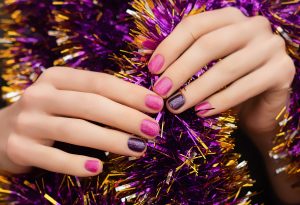
Retinol is considered a magical potion for our skin. The most compelling stories of products have tons of cons too! However, retinol, being a Vitamin-A form, is the best ingredient combined into skin creams, serums, and moisturizing lotions.
It has several anti-aging effects, which can help eliminate acne. But apart from the pros, some people often complain about retinol damaging their skin.
Now the question is: Can retinol ruin your complexion? Or does using retinol before and after improve your skincare regimen? So, without further ado, let’s find out what to expect or what to consider before adding retinol to your skincare routine.
1. Add retinol gradually and gently
Balance is vital as retinol could be annoying in case the formulation is powerful, or you use it too frequently. While adding retinol to your skincare regime, you may start off with a small amount of a low % formula, such as 0.01 to 0.03%, and use it 2 times every week, and after that, gradually shoot up the usage so that your skin can acclimatize. But you must remember to skip retinol usage the day before exfoliating as it’s irritating and abrasive.
2. Retinol boosts skin cell proliferation
Several topical retinoid products are available in the market: Bexarotene, Tretinoin, Adapalene, Tazarotene, and Alitretinoin. These retinol products shoot up skin cell production and help unclog pores. Moreover, it exfoliates your skin and heightens collagen production, which may lower the appearance of wrinkles and fine lines, giving your skin a plump and authentic look.
3. Don’t forget the harsh side effects
Apart from all the pros of using retinol in your skincare routine, you must not overlook its specific side effects, for example, dryness, mild irritation, and sun sensitivity. These are normal as your skin gets slowly acclimatized to this active ingredient. But redness, acute flaking, and inflammation aren’t expected! In case you have hypersensitive skin or have been struggling with poor skin conditions, such as eczema or rosacea, you must stay away from retinol.
4. Retinol for dark spots
Hyperpigmentation or dark spots can result from sun damage to your skin. Do you have light brown spots on your hands, face, and neck? These are known as age spots or liver spots. Although they are painless, and you want to eliminate them from your body, topical treatments and processes might be helpful. Therefore, using retinol diminishes your skin spots. But it would be great to see a dermatologist if you’re thinking of getting rid of them.
5. Use Retinol at night and wear SPF daily
Retinol increases your skin’s sensitivity to UV radiation, and sunshine reduces the product’s effectiveness. As a result, it is advised to utilize retinoids only at night and to use a daily broad-spectrum SPF 30 or higher during the day.
Retinol can do wonders whether you have pimples or pigmentation issues. However, OTC medications will take their time to make a difference. This does not imply that you should choose the most potent product you can. Instead, begin a couple of times each week with a weaker formulation.
Read More:

fashionabc is a fashion technology platform, comprising a digital directory and various other digital tools and supply chain solutions for the fashion industry ecosystem, that focus on ethical fashion and sustainability. We are building inclusive digital transformation tools for fashion professionals who are willing to take steps towards a more sustainable ethical fashion industry, by adopting AI and DLT blockchain technology.
* building digital profile and IP solutions for fashion businesses
* tackle issues such as provenance and counterfeit in supply chain
* contribute to the construction of a meritocratic ethical fashion industry which is certified and part of the circular economy











